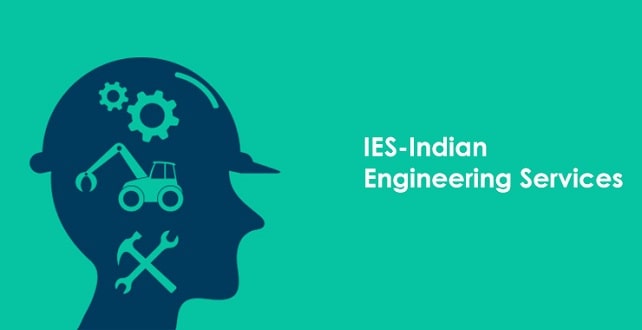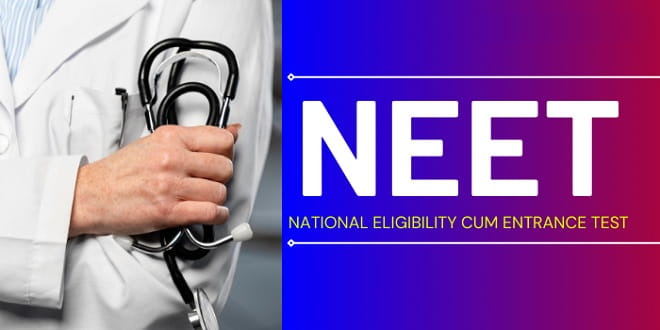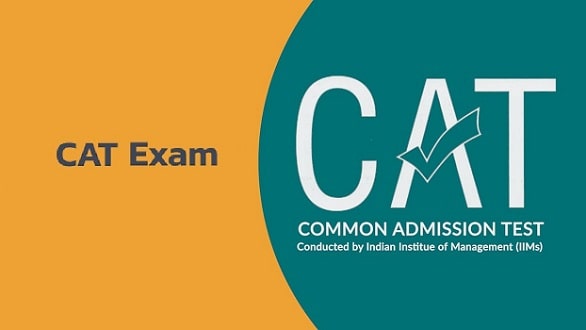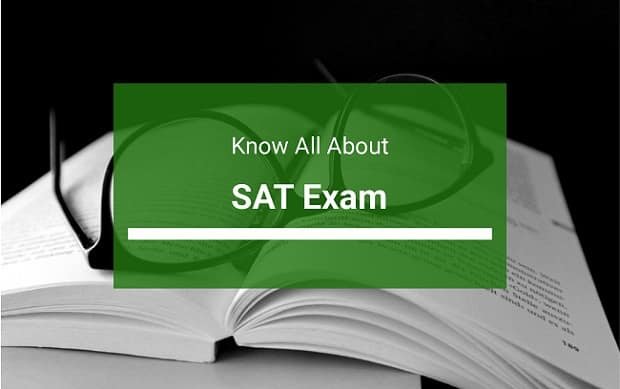Engineering is a popular course, and there are many job opportunities available in India after you complete the engineering. You have an option to work in the public sector and the private sector after completing engineering. If you wish to work in the public sector, there are two ways to get a job. One such way is to appear for the GATE exam, and some of the institutes like NTPC hires the engineers depending on their GATE result. The second way to get into the government sector is via IES Exam. IES stands for Indian Engineering Services, and in this article, we will talk about IES Exam in detail. So, go ahead and check out the section below to learn more about IES Exam in India.
What is IES Exam in India?
The full form of IES is Indian Engineering Services, and the exam that is held for IES is called ESE (Engineering Services Examination). You need to appear in this exam if you wish to work in the government sector as an engineer. After clearing the exam and interview, you are placed as a Class 1 Officer in the government department. The department is responsible for allocating engineers to the government department like railways, telecommunication, power, waterworks and even defence. The allocation happens based on the stream of the engineer, and the work is assigned accordingly.
People working in IES gets a fair amount of vertical & horizontal growth. A lot of respect comes with the job. The starting designation for you in IES would be Assistant Executive Engineer. The top designation that you can get is Managing Director/Chairman. The exam is conducted once a year, and Union Public Service Commission conducts it. There are two parts of the exam which includes the preliminary exam and the main exam. Those who manage to clear both are eligible for the interview. You can check out the eligibility and other information about the IES exam in the sections below.
Eligibility Criteria for IES Exam
In this section, we have listed the eligibility criteria around the IES Exam. Go ahead and check out the pointers below.
- Nationality
- For the nationality, you need to be a citizen of India, Nepal or Bhutan. Or,
- If you are a Tibetan Refugee, then you should have moved to India before 1962. Or,
- You should have an Indian Origin, migrated back from Zambia, Zaire, Vietnam, Uganda, Tanzania, Sri Lanka, Pakistan, Myanmar, Malawi, Kenya or Ethiopia.
- Age Criteria
- You should be at least 21 years old to appear in the IES exam, and your maximum age should not be over 30 years.
- There is a five-year relaxation for you if you are presently employed with some specific government department. More information is available about the same is available on the advertisement.
- There is also a five-year relaxation for ST, the S.C. candidate. The same is applicable for ex-servicemen, including ECO and SSCOs.
- The UPSC also gives a three year relaxation to candidates from OBC background of the defence personnel that have been injured in the operations.
- Lastly, a ten-year relaxation is given to deaf, mute, blind or physically challenged candidates.
- Education Qualification
- You should have a B.E. or a B.Tech degree from a recognized university, and you should have cleared all the exams. You should not have a backlog.
- If you are in the course’s final year, you are also eligible to apply for the IES Exam.
- If you have an engineering degree from a foreign university, you can also apply for the IES exam.
- You need to be from acceptable specializations like Electronics & Telecommunication, Electrical, Mechanical, Civil, etc.
- These are the high-level educational qualifications for the IES exam, and you can check out the rest of the details on the IES Notification. Some of the requirements change yearly, and UPSC makes it available on the notification.
- Physical & Medical Standards
- You would be required to undergo a medical examination before you are inducted. Some departments require this test, and some do not. The fitness criteria vary, and you will get more details about the same after you have cleared the interview.
- The notification published by the UPSC has the details of the fitness criteria, and you need to be fit as per the criteria. In the absence of a fitness level, you may not get the desired location or post.
IES Exam Syllabus & Pattern
In this section of the page, you will find the details about the IES Exam Syllabus & Pattern. The options available to you for the elective exam are civil engineering, mechanical engineering, electrical engineering and electronics & Telecom engineering. Go ahead and check them out now.
- Preliminary Exam
There are two exams in the preliminary selection. This totals up to 500 marks. Both of these are MCQs. The first exam has a weightage of 200 marks, and it has a duration of two hours. The second exam has a weightage of 300 marks, and its duration is three years. There is a negative marking for the wrong answer. In the prelims, the first paper has general studies and engineering aptitude related questions. The second paper would have questions related to your field. The syllabus for the preliminary exam is vast, and you can download the same from the UPSC website.
- Main Exam
Once you have cleared the prelims, you get a chance to appear in the Mains. In Mains, you will have to appear in two examinations. Both these exams are specific to the discipline that you have chosen. The weightage of each paper is 300 marks, and in total, it is 600 marks. These exams are not objective, and they are proper subjective type questions that you would have to answer in the Main Exams. If you wish to know the detailed syllabus, then you can download that from the UPSC website. Moreover, you can buy the question banks for IES that can help you with preparation.
- Personality Test
The last selection process includes a personality test. This interaction round carries a score of 200 marks. You are assessed and given a marking based on the interaction. You are judged based on ownership, leadership, curiosity, energy levels, integrity and other personality traits.
Attempt for IES Exam
There is no attempt limit applicable in the case of the IES Exam. You can appear any number of times provided that you are of eligible age. That is the only criteria that may restrict you from reappearing in the IES Exam. So, this certainly works to the advantage of some of the candidates.
IES Exam Dates for 2021
Every year, the applications for the IES Exam opens in April. In 2021 as well, the applications were open from 7 April 2021 to 27 April 2021. The prelim is scheduled to be held on 18 July 2021, and the main exam is scheduled for 10 October 2021. We are not sure if the exam will be held as per the schedule or if it will be postponed owing to the covid situation. The interviews will be held in December 2021, and the final result is expected to be available by January 2022. We will update this section as and when the government will release the updated notification. Check out the timetable for Prelims below.
- Exam 1 – 18 July 20201; 10:00 AM to 12:00 PM; General Studies & Engineering Aptitude Exam
- Exam 2 – 18 July 20201; 02:00 PM to 5:00 PM; Specialization Based Exam
Fee for IES Exam
The fee for appearing in the IES Exam is Rs 200. You need to make the payment online or deposit cash at any of the SBI branches after generating the challan. You should note that the female candidates and SC/ST and P.H. category candidates are exempted from the fee.
The Registration Process of IES Exam
To be able to appear in the IES exam, you need to register for it. If you are not sure about the registration process, then let us share the details here. You should note that the registration for 2021 is already closed, and you will now have to wait for April 2022 for the registrations.
- You need to visit upsc.gov.in to start the registration process. This is the official website, and you should not trust any third party website to register for the exam.
- At the bottom of the page, you will notice a button for Apply Online. Click on the button, and you will now be redirected to the new page.
- On this new page, you need to click on the online Application for Various Examination. You will see all the available application forms. Click on the ESE Online Application form to start the registration.
- Start by part 1 registration, where you would have to enter all the personal details and educational qualification. After completing part 1, you need to start the part 2 registration, where you will have to upload the photograph and signature.
- Now, make the payment of the fee for the exam, and after that, you will be able to select the preferred test location. In the final step, you need to accept the declaration and submit the form.
- You must save the form for future reference, and that would help you retrieve the registration number when you have to download the admit card.

Rahul Kumar is a passionate educator, writer, and subject matter expert in the field of education and professional development. As an author on CoursesXpert, Rahul Kumar’s articles cover a wide range of topics, from various courses, educational and career guidance.




